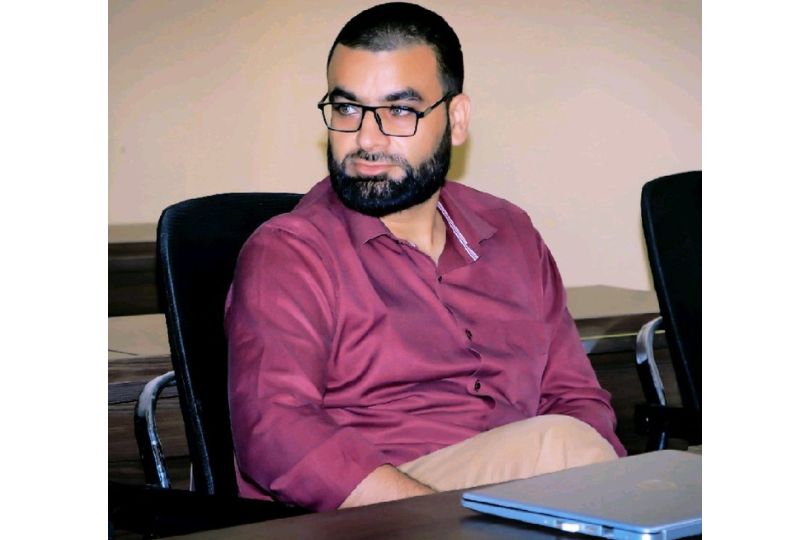After Failing to be Paid, a Researcher Exposes an Indian University's Publication Scam
Expose of Saveetha Institute: Alleged academic fraud, promises of easy money for affiliations, and manipulation of research publications for rankings.on Dec 22, 2023

On March 12, a senior administrator at an Indian institution sent a business proposal to a well-known economist in Ethiopia. The administrator promised him easy money if he joined the school's stable of adjunct instructors.
All the economist had to do was "add our affiliation for incentives in your papers," said Lakshmi Thangavelu, head of international affairs at Chennai's Saveetha Institute of Medical and Technical Sciences (SIMATS), in a written exchange.
"I'm sure I'll do it. "It's not a big deal," Mohd Asif Shah, an associate professor at Kebri Dehar University in eastern Ethiopia, responded.
However, the transaction went sour. Despite the fact that Shah listed SIMATS as an affiliation on at least two research papers he published this autumn, he still hadn't gotten any funds from the institution as of December, he said. Then he took to LinkedIn to vent his frustrations, including screenshots of his interaction with Thangavelu, who is also a lecturer at SIMATS' Saveetha Dental College.
"Hello Guys," Shah said. "I am here today exposing one of the biggest scams done by a few higher educational institutions in India."
Thangavelu: According to the post, which has since been removed,
contacts professors across the globe for working as an adjunct faculty for her institution and asks them to publish the research papers for her institution by using the affiliation.
In exchange for this she is promising money by mentioning incentives.
This is all done to get good national and international rankings.
SIMATS' dental school, which bills itself as the world's most published institution of its kind, has a history of tampering with publishing criteria. Saveetha Dental College rocketed to the top of India's national rankings, according to a Retraction Watch investigation published earlier this year in Science, thanks in part to a large self-citation system involving thousands of student articles.
Paying researchers to be included on papers from other schools may be another technique for the school to game the system in order to get up the rankings. While the scope of the scheme is unknown, a status report from 2021:
The institution encourages students and faculties to publish their work in high-impact factor journals by providing incentives. The institution has spent Rs. 4.8 crores [about US$ 584.000] as publication incentives.
SIMATS is not the only organisation that uses this strategy. Science reported in 2011 that Saudi universities gave tens of thousands of dollars to highly cited scholars from other countries in order to promote their academic reputation. Although European institutions have recently resisted this practice, scientists in other parts of the world may face less scrutiny and remain appealing targets for colleges looking for articles.
Thangavelu and SIMATS' chancellor did not respond to calls for comment. Shah informed us by email:
I wanted to bring to your attention that the LinkedIn post/message was inadvertently shared in a public group, it was a private message. I would like to clarify that I do not endorse the content of the statement and do not consent to the use of my message for any publication in any form.
SIMATS would have had access to a very productive author if Shah had been on board. Shah published over 100 academic publications in 2023 alone, covering topics ranging from the manufacturing of graphene-based nanocoatings to predatory arthropods in rice fields to the sensory profile of spiced yoghurt.
Shah has a background in economics and is an adjunct professor at ten different universities in Afghanistan, India, Malaysia, and Iran, in addition to his post at Kebri Dehar University, according to his ORCID profile. SIMATS is not one of those organisations since, as Shah stated on LinkedIn, "as you publish the research papers, you are not paid."



.jpg)






.jpg)
.png)
.jpg)
.jpg)
.jpg)
.jpg)
.jpg)
.jpg)










Sorry! No comment found for this post.